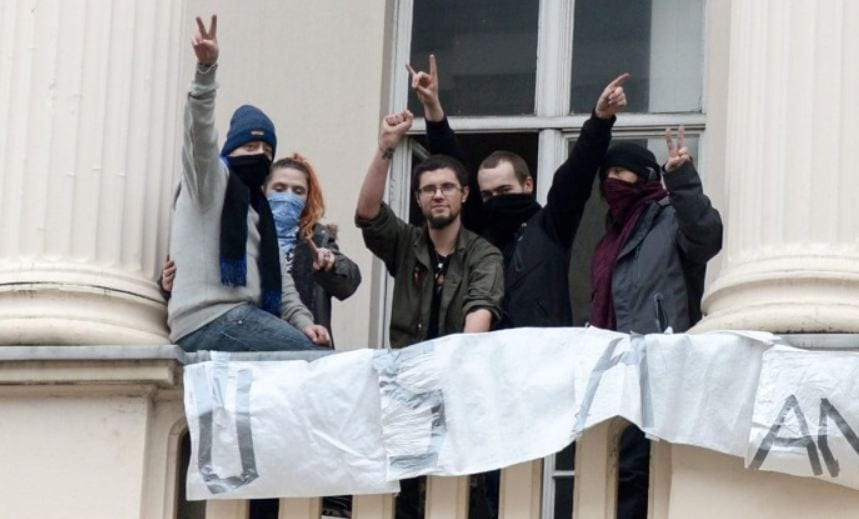SQUATTER rights across Spain have been dealt a major blow following a ‘fatal error’ by a small group of politicians.
It comes after left-leaning parliamentarians voted ‘by mistake’ to approve an amendment to the Criminal Procedure Law last week.
The amendment was proposed by the PNV party and had the support of the conservative Partido Popular (PP), together with Junts, UPN, Coalicion Canaria, Bildu and the ERC.
But the latter two parties later admitted they had committed an ‘unjustifiable error’ in supporting the bill.
They had meant to oppose the amendment alongside left-wing parties including the PSOE, Sumar, Podemos and the BNG. Far-right Vox abstained from voting.
The bill will now go through the Senate, where it is expected to be approved due to the PP having a majority in the house.
The amendment of the Criminal Procedure Act will allow the crimes of ‘usurpation of a home’ and ‘breaking and entering’ to be heard in short hearings within a maximum period of 15 days.
It means squatter evictions will effectively be added to a new fast-track court process, alongside a string of other crimes including physical violence, robbery and traffic offences.

All these crimes will have fast-track trials, as will those for evictions once the amendment is fully approved and appears in the Official State Gazette (BOE) – most likely in January 2025.
At the end of 2023, the Ministry of the Interior reported that there were more than 15,000 illegally occupied flats in Spain.
Eviction proceedings are currently long and costly, something that will change radically when the amendment is approved.
In 80% of cases, the time it takes to evict squatters through the courts is currently between four and nine months, but many cases take years, especially in areas with backlogged courts.
Squatter rights are often seen as inspiring the surge in Airbnb-style lets across the country.
Scores of landlords are put off renting long term over fears of the property being taken over by squatters – resulting in a lengthy legal battle that can last for years.
The only other alternative is to hire ‘anti-okupa’ companies which cost thousands and do not guarantee success.
Click here to read more Spain News from The Olive Press.








